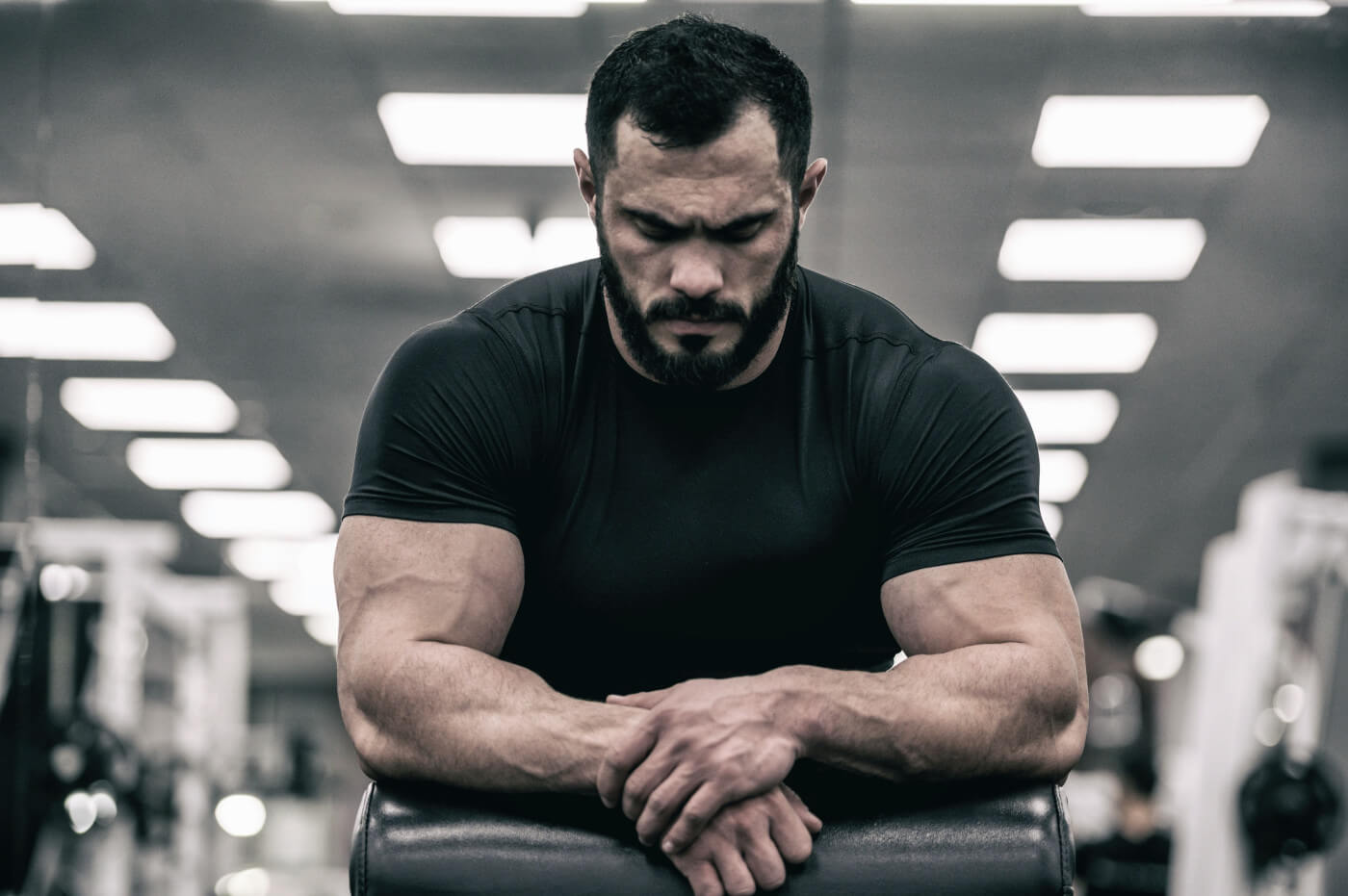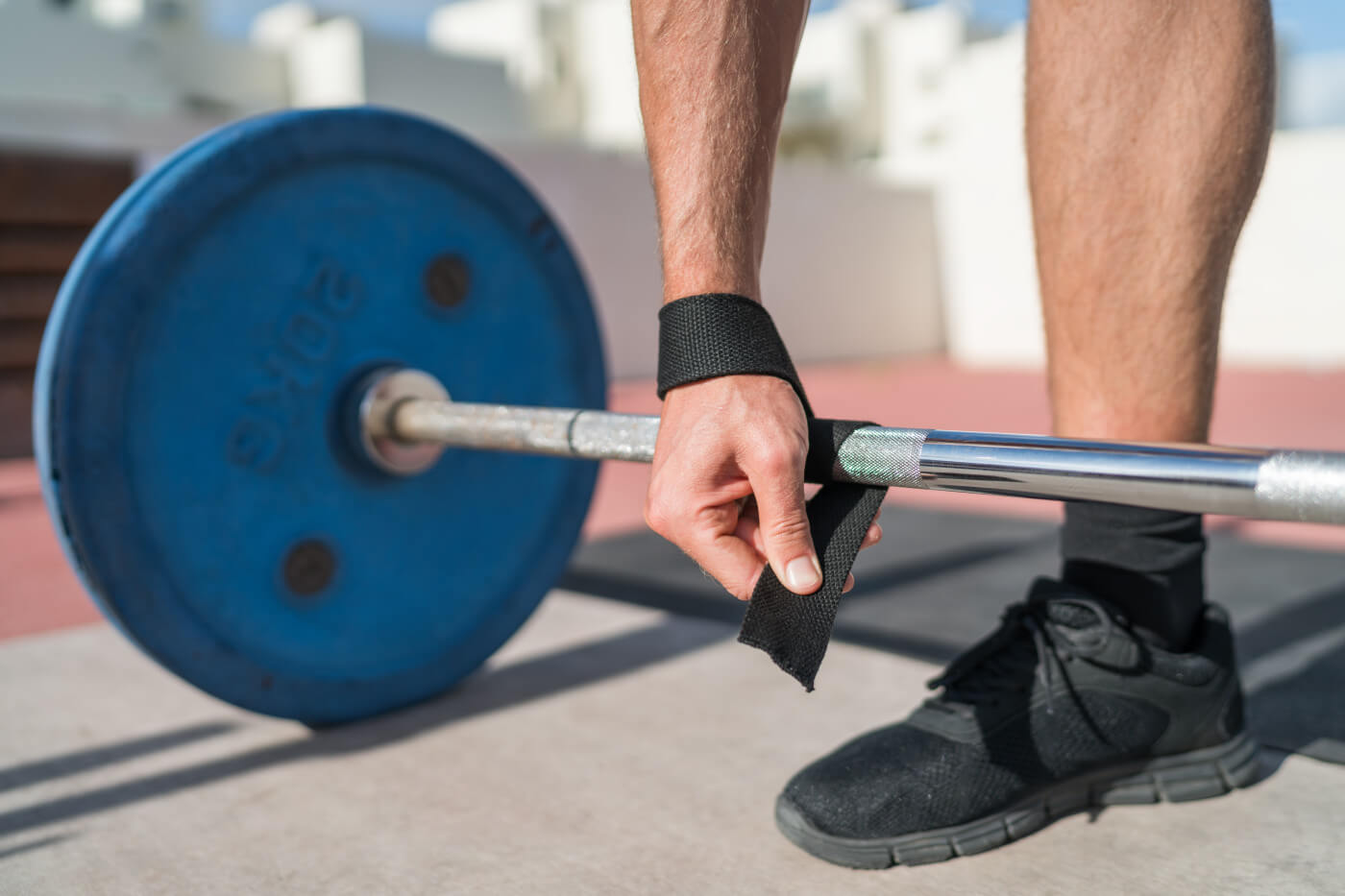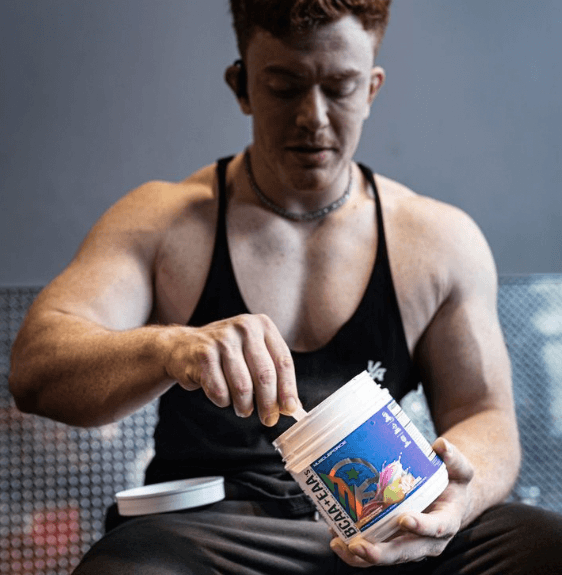Setting good fitness goals is an essential part of achieving success in your health and fitness journey. Goals provide a roadmap for your progress, help you stay motivated, and ensure that you're making measurable progress towards your desired outcomes. In this blog, we'll explore some of the key factors to consider when setting fitness goals, including being realistic, specific, and tailored to your personal preferences and lifestyle. We'll also discuss the importance of tracking your progress and adjusting your goals as needed to keep you on track towards your ultimate goal. So, whether you're new to fitness or have been exercising for years, read on for some tips on setting good fitness goals that will help you achieve success in your journey towards a healthier, happier you!
When setting goals for your fitness journey, it's crucial to be realistic. If you've never exercised before, it's probably not a great idea to sign up for a marathon in a few months. Instead, start with small goals that feel achievable and build on them over time. Maybe it's walking for 30 minutes a day or trying a new workout class once a week.
It's also important to make your goals specific and measurable. Vague goals like "get in shape" or "lose weight" are hard to track and can be frustrating when progress isn't visible. Instead, try setting goals like "run a 5k in 3 months" or "do 10 push-ups in a row by the end of the week". This way, you can easily see how you're progressing and celebrate your achievements.
When choosing your fitness goals, it's important to keep your personal preferences in mind. If you hate running, you're not going to enjoy a running program. Instead, find an activity that you actually enjoy, like swimming or dancing. This will make it easier to stick to your routine and stay motivated.
Another key factor to consider when setting goals is your lifestyle. If you have a busy schedule, it's unlikely that you'll be able to work out for hours every day. Instead, aim for shorter, more frequent workouts that fit into your schedule. Maybe it's doing some yoga in the morning or going for a walk during your lunch break.
Finally, it's important to track your progress and adjust your goals as needed. If you're making progress, awesome! Keep up the good work and continue working towards your desired outcome. If you're not seeing the results you want, it may be time to re-evaluate your goal and make adjustments. Maybe you need to try a different workout or adjust your diet to better support your fitness goals.
So, there you have it - some tips on setting good fitness goals that are realistic, specific, and tailored to your preferences and lifestyle. Remember, the most important thing is to be patient and consistent, and to celebrate your progress along the way. Good luck on your fitness journey!





